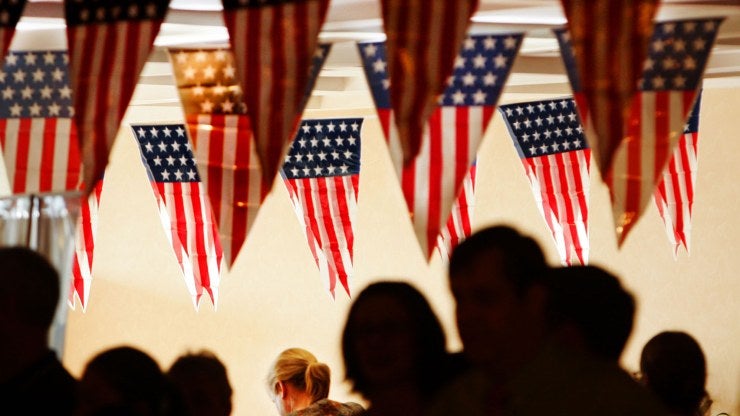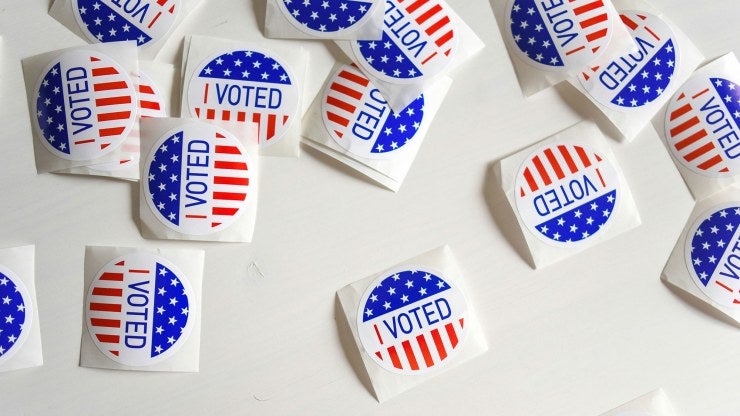How Race, Ethnicity, and Age Impact Views on US Foreign Policy

Patrick Semansky / AP
The Council partnered with New America to explore how Americans across backgrounds view key issues facing the world today.
For the second year in a row, the Chicago Council on Global Affairs and New America collaborated on a comprehensive study of American public opinion on US foreign policy that takes an extensive look into the attitudes of different racial, ethnic, and generational groups in the United States.
Here's what we learned about how different communities think about the US role in the world, overseas conflicts, and more.
Research Briefs

Partisan, Racial, and Generational Views on America's Global Role
Majorities across racial groups want the United States to be a world leader in economic and military strength, democratic values, and more.

The World at War: Partisan, Racial, and Generational Views on US Role in Russia-Ukraine and Israel-Gaza Conflicts
Survey data reveal fresh insights into how American communities think the United States should engage in conflicts overseas.
Related Analysis

Foreign Policy Fault Lines in the 2024 Election
The Democratic and Republican parties' radically different visions of US foreign policy could be a decisive "X" factor come November.


